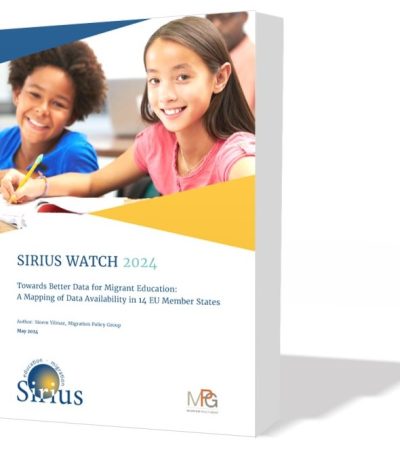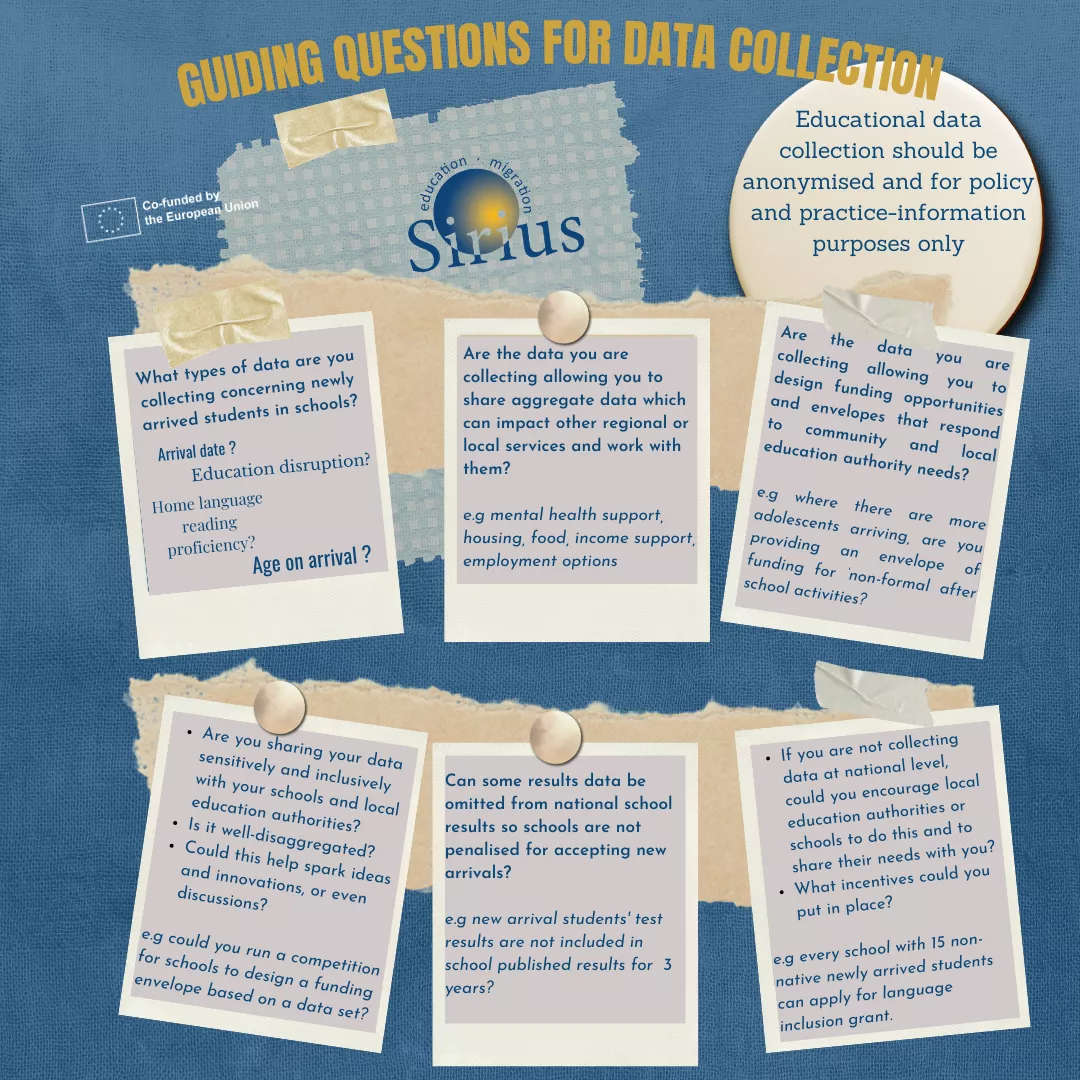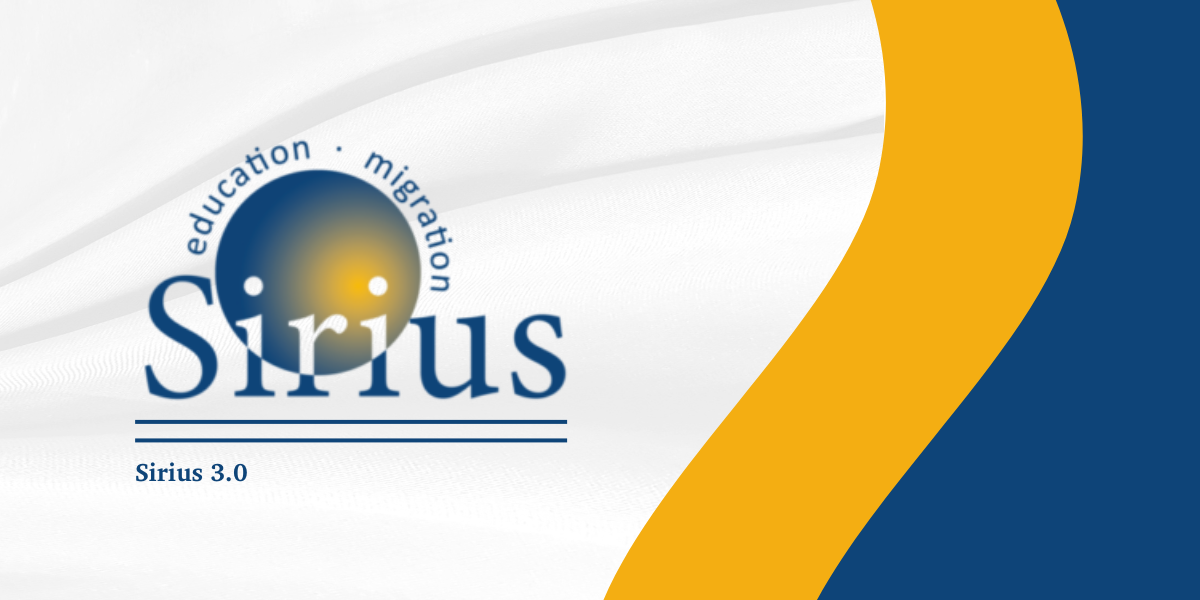Symbiosis has joined forces with the SIRIUS Policy Network on Migrant Education, aligning with over 30 partners across 18 countries for the newest phase of the SIRIUS initiative—SIRIUS 3.0. The primary aim of this collective endeavor is to bring about significant and sustainable policy changes in the realm of migrant education.
SIRIUS 3.0 seeks to foster collaboration among diverse stakeholders, advocating for comprehensive policy formulation and execution across various governance tiers. The project’s core objective is to enhance the integration of children and young individuals with migrant backgrounds into the educational landscape within the framework of the European Education Area. Through a multistakeholder approach, SIRIUS 3.0 endeavors to drive inclusive education policies, ensuring the seamless inclusion of migrant learners through dedicated developmental initiatives and ongoing support mechanisms.
Recognizing the socio-emotional and educational requirements of migrant learners is essential for both education policymakers and schools or educators to offer the necessary assistance. Nevertheless, the presence and thoroughness of this data differ significantly among EU countries, creating a disparity in understanding how countries gather, classify, and leverage such information. In its first year, the primary objective of the SIRIUS Watch, an annual review detailing the outcomes of monitoring significant changes in inclusive education policy, is to survey SIRIUS partner countries regarding their practices and protocols related to the collection of migrant learners’ data.
Sirius Watch 2024


Addressing inclusivity in the education context is a multifaceted challenge. Establishing a more inclusive environment requires a nuanced approach and is not a straightforward task. As outlined in the initiative, an initial crucial step involves examining how to advocate for and put into practice inclusive measures within schools.To foster an inclusive school community, it is imperative to guarantee that schools possess sufficient resources. Learners need to experience a sense of safety, security, and inclusion, and educators should receive the necessary support to cultivate conditions conducive to such an environment. The way in which the schools deal with newly arrived students of different backgrounds is key, not only because of the well-being of the newcomers but to serve as model behavior for the rest of the students.
Proper collection of relevant data on migrant learners is an important prerequisite to impactful policy change. Apart from SIRIUS Watch, the partnership will organize peer-learning activities to promote transnational learning between network members. In addition to the efforts spearheaded by SIRIUS Watch, the collaborative partnership aims to foster transnational learning among its network members through various peer-learning initiatives. These activities serve as crucial conduits for sharing best practices, insights, and innovative approaches, ultimately enhancing the effectiveness and relevance of policies designed to support migrant learners across diverse contexts.
Objectives
The initiative is driven by the following objectives:
- Analysing and co-creating knowledge on the main challenges and policy approaches for inclusive education for migrants;
- Identifying, sharing and promoting good policy practice as well as stimulating innovation and mainstreaming it in policy development, experimentation and implementation;
- Disseminating results more widely than before and in policy-friendly formats
Transversal activities
Our initiative is driven by dynamic transversal activities, including:
- Undertaking country research and analysis
- Supporting advocacy spaces for change
- Holding peer-learning activities
- Policy Engagement and Dissemination
Peer Learning Activities
Spaces for Change

Co-funded by the European Union. Views and opinions expressed are however those of the author(s) only and do not necessarily reflect those of the European Union or EACEA. Neither the European Union nor EACEA can be held responsible for them.


